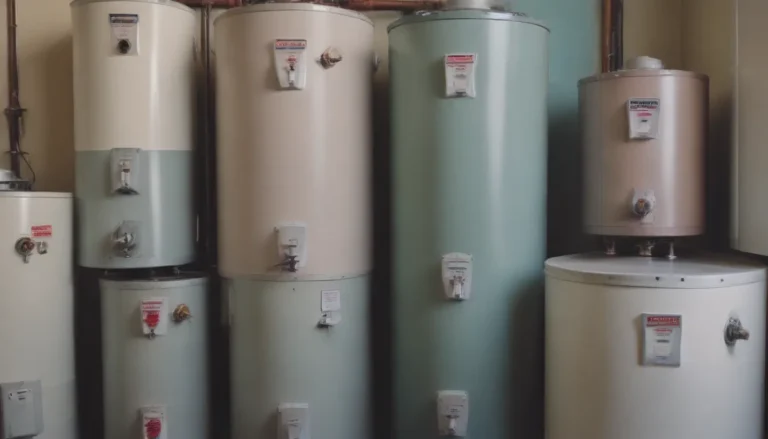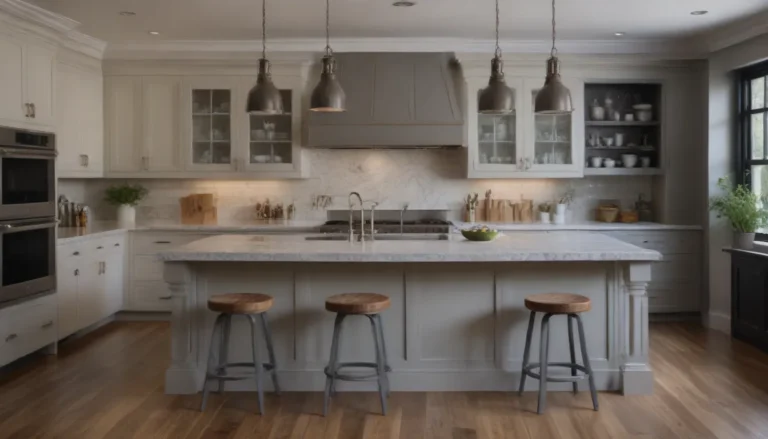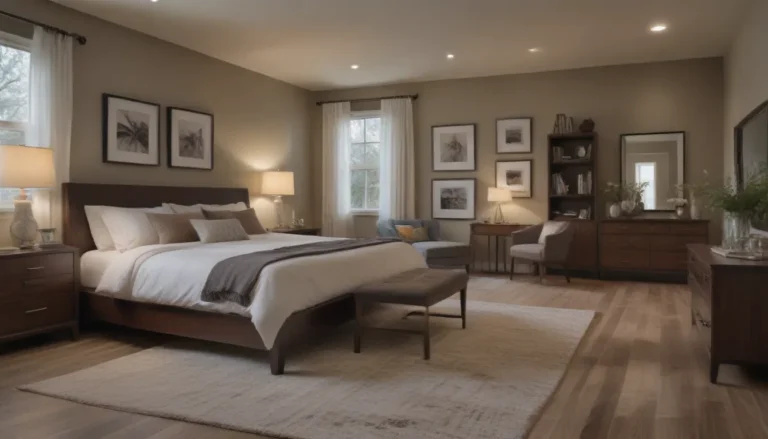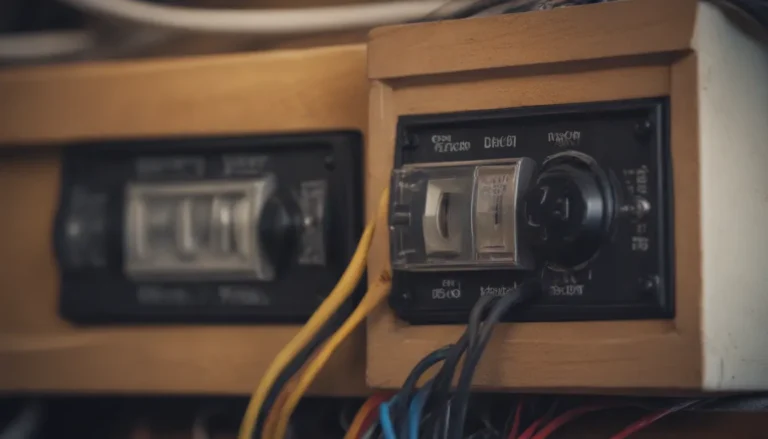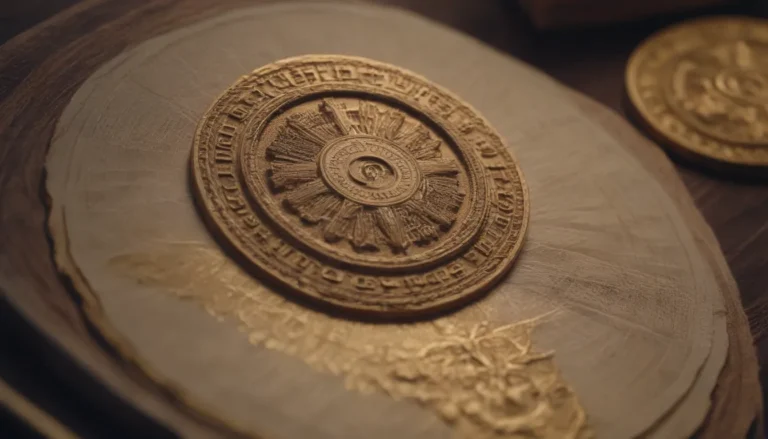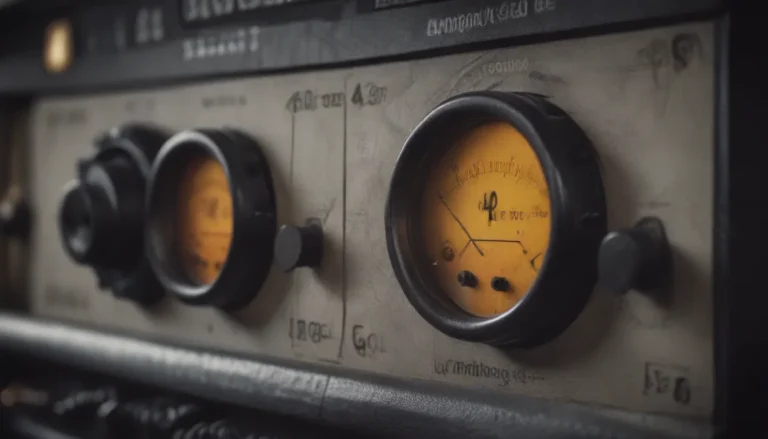The Ultimate Guide to Vinyl Plank Flooring: Everything You Need to Know
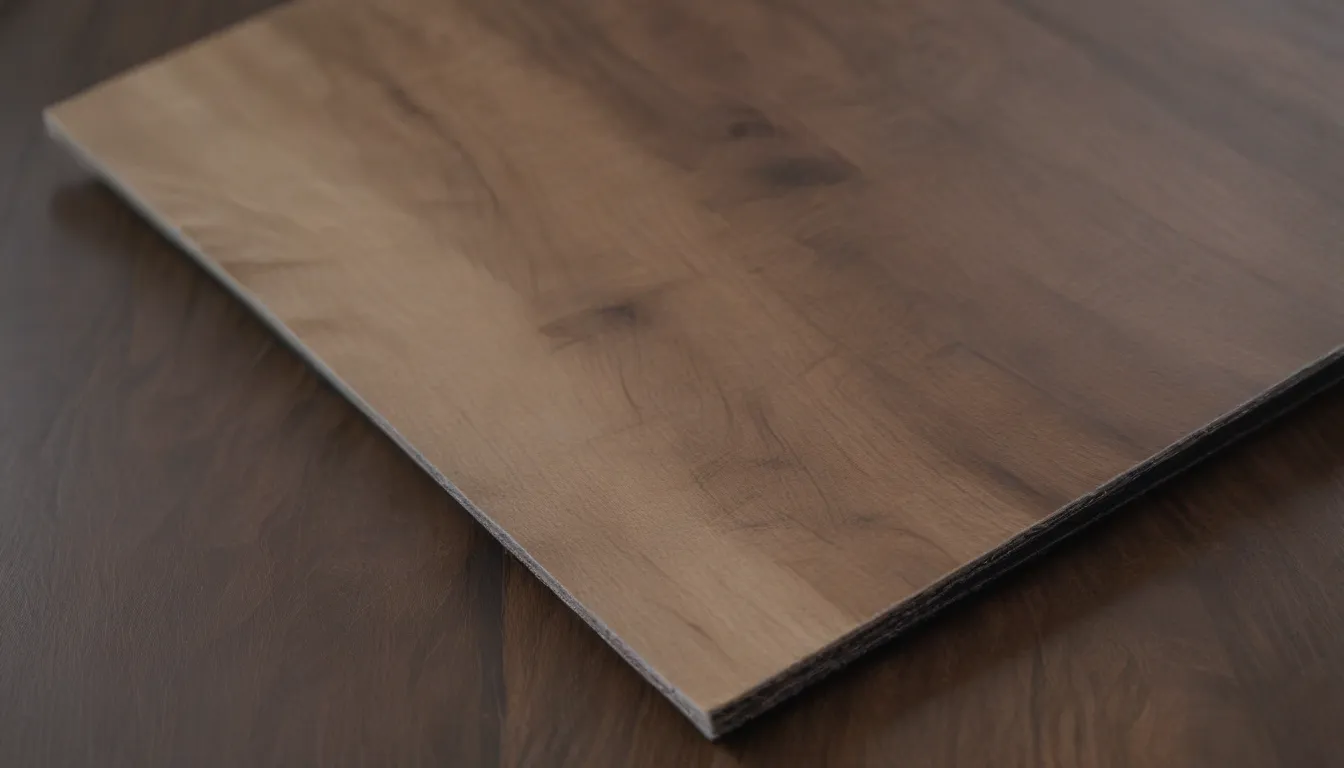
Vinyl flooring has long been a popular choice for kitchens and bathrooms, but it has often been viewed as a more budget-friendly option compared to other materials. However, with the introduction of vinyl plank flooring, also known as luxury vinyl flooring (LVF) or luxury vinyl plank flooring (LVP), that perception has shifted. Vinyl plank flooring is a thicker, more durable material that comes in long planks with a click-lock system, making it easy to install and maintain.
What Is Vinyl Plank Flooring?
Vinyl plank flooring, also known as luxury vinyl plank (LVP) or luxury vinyl floor (LVF), is a type of vinyl flooring that comes in long, narrow strips rather than traditional square tiles. It is a multi-ply product that features four layers, including a wear layer that protects against scratches and stains. Vinyl planks are available in a variety of styles, including wood, stone, and ceramic looks, with textured surfaces that mimic real wood grain.
Benefits of Vinyl Plank Flooring
- Fully waterproof: Vinyl plank flooring is impervious to moisture, making it ideal for areas like kitchens and bathrooms.
- Easy to install: Luxury vinyl planks use a click-lock system for easy installation, making it a great option for DIYers.
- Simple to maintain: Regular sweeping and occasional damp mopping are all that’s needed to keep vinyl plank flooring looking its best.
Drawbacks of Vinyl Plank Flooring
- Damaged planks can be difficult to repair: While small areas of damage can be patched, replacing entire planks may require disassembling the floor.
- May not always resemble wood: While vinyl planks do a good job of mimicking wood and other natural materials, some options may not look as authentic as others.
- Click-lock joints may be difficult to attach: Some homeowners may find it challenging to snap the planks together during installation.
Vinyl Plank Flooring Cost
Vinyl plank flooring is more budget-friendly than genuine wood flooring, with prices ranging from $2.50 to $5 per square foot for materials. Professional installation can add $1 to $3 per square foot, but many homeowners find it easy to install themselves. Overall, the cost of vinyl planks is comparable to laminate flooring, but with the added benefits of durability and waterproofing.
Maintenance and Repair
Maintaining vinyl plank flooring is simple, with regular sweeping and damp mopping recommended. While the flooring is impervious to moisture, it should not be steam-cleaned. Repairs can be a bit tricky, but small areas of damage can often be patched with a vinyl repair kit. Replacing entire planks may require disassembling the floor, but with proper care, vinyl plank flooring can last up to 20 years.
Design
Vinyl plank flooring is available in a wide range of colors and patterns, mimicking hardwood, ceramic, and stone looks. While it is considered a step up from sheet vinyl and laminate flooring, it is still a more affordable option compared to solid hardwood or porcelain tile. Design options include textured surfaces, distressed looks, and hand-scraped finishes for a more authentic appearance.
Vinyl Plank Flooring Installation
One of the key advantages of vinyl plank flooring is its ease of installation. The click-lock system allows for a floating floor installation that does not require glue-down bonding. The planks are thicker than sheet vinyl, making them forgiving of minor imperfections in the subfloor. Installation can be done by homeowners with minimal tools and experience, making it a great DIY project.
Top Brands of Vinyl Plank Flooring
Some of the top manufacturers of vinyl plank flooring include:
– Shaw: Offerings include Premio and Classico collections.
– Armstrong: Known for quality vinyl plank flooring options.
– Mannington: Features Adura and Distinctive collections.
– BuildDirect: Offers a range of high-quality vinyl plank options.
– Lumber Liquidators: Known for the Tranquility collection.
Comfort and Convenience
Vinyl plank flooring offers easy-care convenience similar to sheet vinyl, but with slightly more cushioning underfoot. It is a waterproof material, making it ideal for damp areas like kitchens and bathrooms. Vinyl plank flooring is a comfortable and durable option for high-traffic areas in the home.
Vinyl Plank Flooring vs. Laminate Flooring
When it comes to choosing between vinyl plank flooring and laminate flooring, vinyl may have the edge. Both materials seek to mimic natural hardwood, but vinyl is fully waterproof, softer underfoot, and less noisy. Vinyl plank flooring is easy to install, maintain, and keep clean, making it a popular choice for homeowners seeking a durable and affordable flooring option.
In conclusion, vinyl plank flooring is a versatile, durable, and affordable option for homeowners looking to upgrade their flooring. With a wide range of styles, easy installation, and minimal maintenance requirements, vinyl plank flooring is a practical choice for any room in the home. Whether you prefer a wood, stone, or ceramic look, there is a vinyl plank option to suit your style and budget. Consider vinyl plank flooring for your next home improvement project and enjoy the benefits of a beautiful and resilient floor for years to come.
